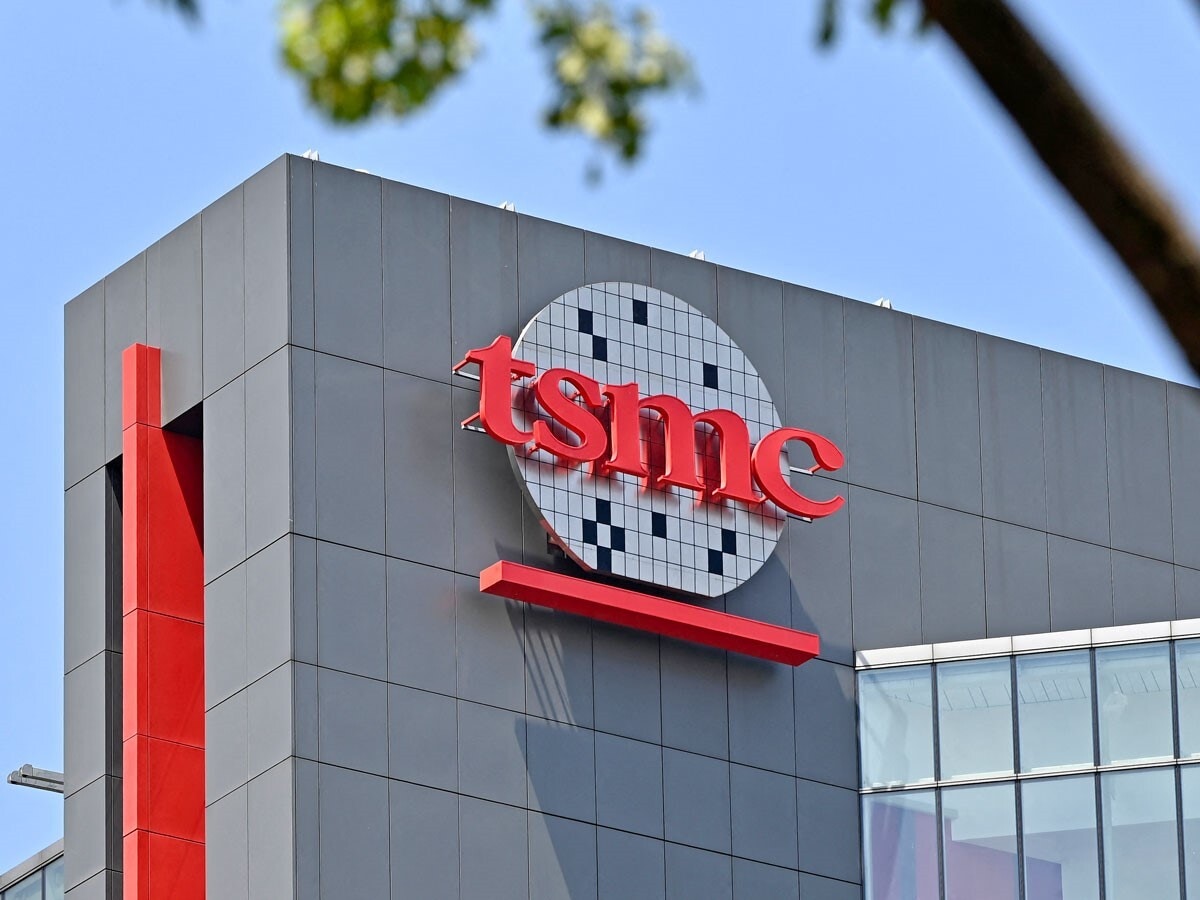Several major investment funds sold their stakes in TSMC in Q4, leaving investors spooked. Amid fears of a looming global recession and geopolitical tensions in East Asia, concern is growing over the world’s dependence on the Taiwanese chipmaker, which produces 92% of the world’s most advanced semiconductors. The UK has begun contingency planning for future chip shortages, while TSMC looks into expanding its footprint in the US, Europe, and Japan.
- Investment firms Berkshire Hathaway, Tiger Global Management, GQG Partners and Capital Group, BlackRock, and JPMorgan & Chase cut their stakes in TSMC in Q4.
- TSMC shares fell 6% on 15 February following the sale disclosure but are still up 14.13% year-to-date.
- The UK Government is considering different scenarios in contingency planning for a potential chip shortage, sources familiar with the matter told Bloomberg.
Warren Buffet’s Berkshire Hathaway upped its investment in Apple [AAPL] after trading out the iPhone maker’s chip dealer TSMC [2330.TW] by selling off 86% of its stake in the chipmaker on 14 February. Apple remains Berkshire’s largest holding, currently worth over $137bn.
TSMC shares fell 6% on 15 February following the sale disclosure, but the chipmaker’s shares are still up 14.13% year-to-date as of Monday.
TSMC makes 92% of the world’s most advanced semiconductor chips, according to Bloomberg, and geopolitical tensions surrounding Taiwan, China, East Asian countries, and the US are putting a spotlight on growing concern over the world’s dependency on the one Taiwanese chipmaker to run the world’s technology.
As the largest dedicated semiconductor foundry in the world — far outweighing its peers as shown in the Statista infographic below, it manufactures the chips designed by companies including Apple, Advanced Micro Devices [AMD], Nvidia [NVDA] and Intel [INTC], among its top clients. Apple accounts for about 25% of its revenue.

Investors sound alarm bells for TSMC
A string of significant investors offloaded their positions in TSMC in the fourth quarter, sounding alarm bells for the chipmaker and the global semiconductor industry that heavily relies on it.
Investment firms Tiger Global Management, GQG Partners and Capital Group, BlackRock, and JPMorgan & Chase were among the biggest sellers, alongside Berkshire Hathaway, based on regulatory filings.
Just three months after taking a major stake in TSMC, Warren Buffet’s Berkshire Hathaway sold off 86.2% of its holding of TSMC’s American depositary receipts in the previous quarter, from $4.1bn worth of stock to 8.29 million shares.
Hedge fund Tiger sold its entire stake of 1.3 million shares that it also acquired in the third quarter, and GQG cut its position by 63%, retaining 6.7 million shares.
Why the sudden selloff spree?
The abrupt move is uncharacteristic of Buffet’s firm, alarming investors and proving that even the most successful investors can be susceptible macroeconomic and geopolitical turmoil.
Berkshire has not released any official statement regarding the reason for the sale, leaving investors in the dark.
Adding to the conundrum, Charles Munder, a director and vice-chairman of Berkshire, said on 14 February that TSMC is the "strongest semiconductor company on earth".
The semiconductor industry is cyclical– something that portfolio managers have been conscious of for years. Consequently, chip stocks tend to rise and decline in correspondence with the economic environment. With fears of a looming global recession, investors may be trying to play it safe by ditching the semiconductors for stocks that would be more immune to cyclical downturns.
The UK begins contingency planning for chip shortage
The UK Government is considering different scenarios as part of a war-game exercise it is developing as contingency planning for a potential chip shortage, which would reverberate across the economy, Bloomberg said, citing sources familiar with the matter.
The pandemic was a trailer of the disruption a chip supply issue can cause, slowing down a range of industries that rely on semiconductors, from cars to smartphones. Geopolitical tensions in East Asia - where most of the world’s semiconductors are produced - are a vulnerability.
According to a 2021 IMF paper modelling a controlled “technological decoupling” of the US and Europe from China, it would result in the UK losing 5% of GDP within a few years.
Meanwhile, TSMC continues to spread its roots further, looking to diversify its supply chain geographically as it explores factory expansions in the US, Europe, Japan, and Taiwan.
Funds in focus: VanEck Vectors Semiconductor ETF
Several ETFs provide concentrated exposure to the semiconductor industry.
The VanEck Vectors Semiconductor ETF [SMH]’s top two holdings are Nvidia, with a 12.05% weighting, and TSMC, with a 9.99% weighting. It also includes a 5.47% holding of Intel. The fund is up 20.55% year-to-date as of Monday.
The iShares PHLX Semiconductor ETF [SOXX] includes a 9.64% holding of Nvidia and a 7.91% holding of Broadcom [AVGO] as its top two holdings. The fund is up 20.70% year-to-date as of Monday.
Continue reading for FREE
- Includes free newsletter updates, unsubscribe anytime. Privacy policy





